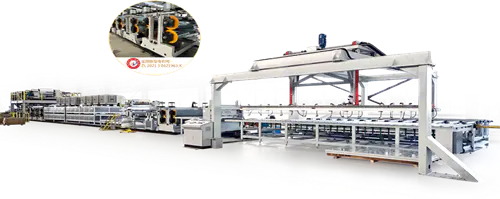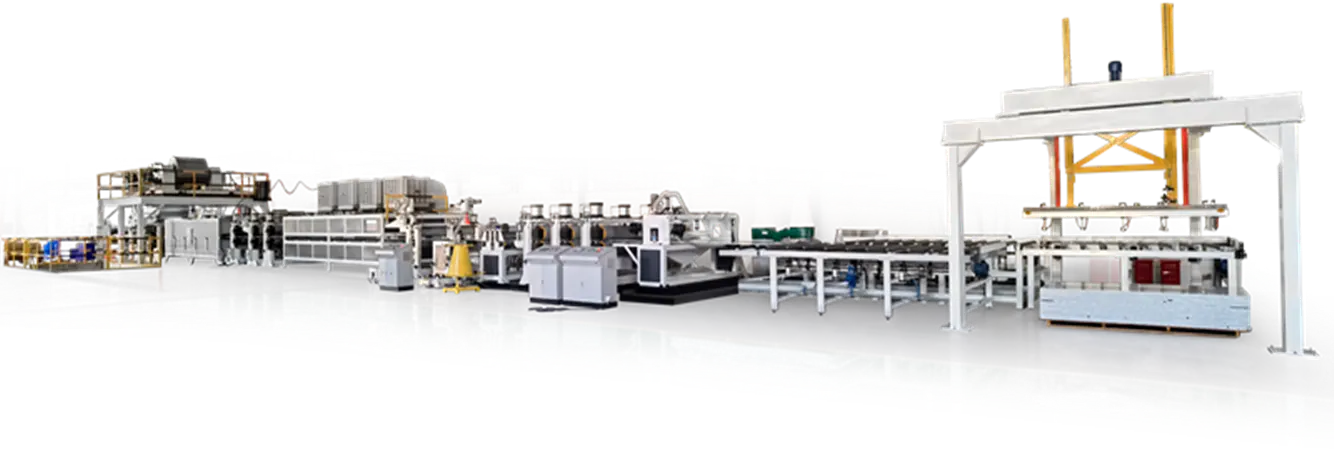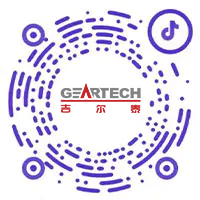China OEM Aluminum Composite Panel Production Line Manufacturer
In today's dynamic manufacturing landscape, the Aluminum Composite Panel (ACP) production line stands at the forefront of innovation and adaptation. As demand surges and environmental considerations become more pronounced, the ACP industry continually evolves to meet these challenges head-on. This article delves into the latest innovations and trends shaping ACP production line technology, exploring advancements in materials, processes, and sustainability initiatives.
1. Advanced Materials Integration:
The ACP production line is witnessing a shift towards the integration of advanced materials to enhance product performance and durability. Nano-coatings and reinforced polymers are being incorporated into ACP compositions, improving resistance to weathering, UV radiation, and impact damage. This integration not only extends the lifespan of ACP panels but also opens doors to new applications in high-stress environments such as building facades and transportation infrastructure.
2. Digitalization and Automation:
Automation continues to revolutionize ACP production lines, streamlining processes and enhancing precision. From automated material handling systems to robotic spraying and coating applications, manufacturers are leveraging cutting-edge technologies to optimize efficiency and reduce human error. Real-time monitoring and data analytics further empower operators to fine-tune production parameters, ensuring consistent quality across batches.
3. Sustainable Practices:
In response to growing environmental concerns, the ACP industry is embracing sustainable practices throughout the production line. From eco-friendly raw materials sourcing to energy-efficient manufacturing processes, sustainability is becoming a cornerstone of ACP production. Recycling initiatives are also gaining traction, with efforts to reclaim and repurpose post-consumer ACP panels for new applications, fewer waste and reducing the industry's ecological footprint.
4. Modular Design and Flexibility:
Flexibility and adaptability are key drivers of innovation in ACP production lines. Modular design concepts allow for easy customization and scalability, catering to diverse market demands and project specifications. Manufacturers are developing versatile production line configurations that can accommodate varying panel sizes, thicknesses, and surface finishes, offering greater flexibility to meet customer requirements while fewer downtime and changeover costs.
5. Integration of IoT and AI:
The Internet of Things (IoT) and Artificial Intelligence (AI) are revolutionizing ACP production line management, enabling predictive maintenance, remote monitoring, and optimization of production workflows. Smart sensors embedded within machinery collect real-time data on performance metrics such as temperature, humidity, and energy consumption, facilitating proactive maintenance and troubleshooting. AI algorithms analyze this data to identify patterns, optimize process parameters, and small production downtime.
6. Quality Assurance and Compliance:
Maintaining stringent quality standards is paramount in the ACP production line. Advanced testing methodologies, including non-destructive testing techniques such as ultrasonic inspection and thermal imaging, ensure the integrity of ACP panels throughout the manufacturing process. Compliance with industry regulations and building codes is also a priority, driving continuous improvement in product performance and safety.
7. Collaborative R&D Initiatives:
Collaboration across industry stakeholders, including manufacturers, research institutions, and regulatory bodies, fosters innovation and knowledge sharing in ACP production technology. Joint research and development initiatives focus on pushing the boundaries of material science, process engineering, and sustainability practices, driving the industry towards greater efficiency, reliability, and environmental responsibility.
In conclusion, the ACP production line is witnessing a wave of innovation driven by technological advancements, sustainability imperatives, and collaborative partnerships. From advanced materials integration to digitalization and sustainable practices, manufacturers are embracing change to meet evolving market demands and regulatory requirements. By staying at the forefront of innovation and embracing emerging trends, the ACP industry is poised for continued growth and success in the years to come.
There are 15 days until Geartech participates in YAPI FUARI 2024. Welcome everyone to visit booth number H10 1103.

 中文简体
中文简体 English
English Português
Português русский
русский Español
Español عربى
عربى









